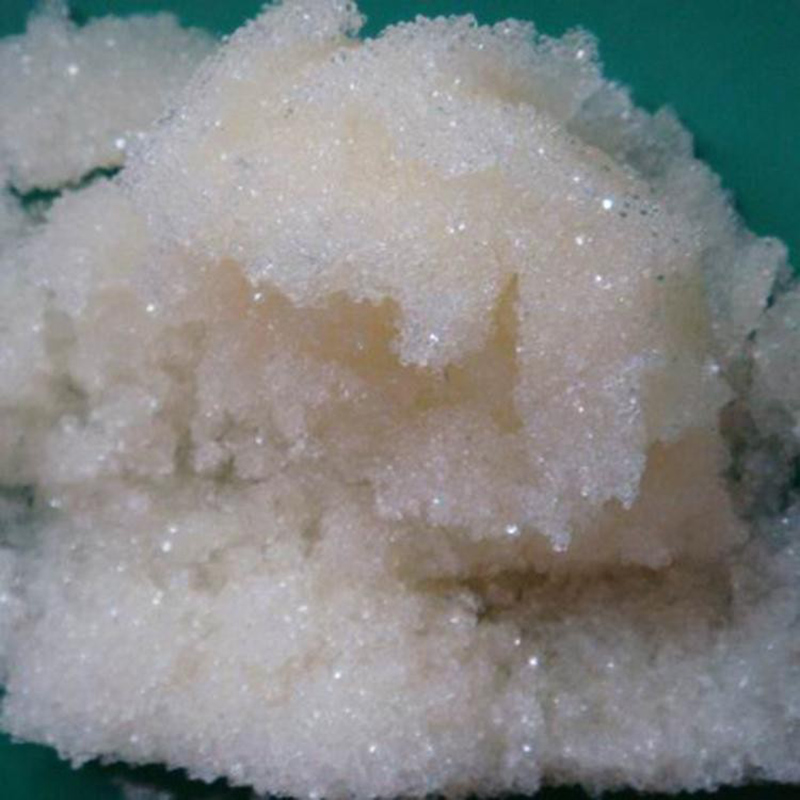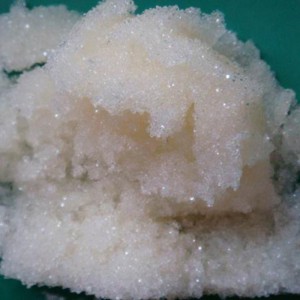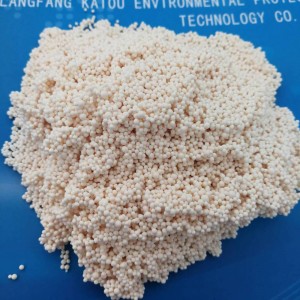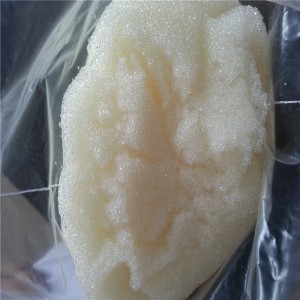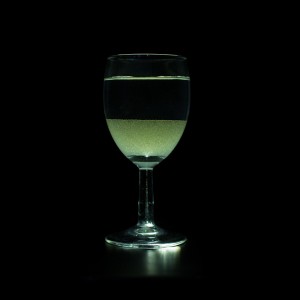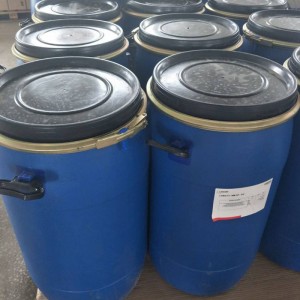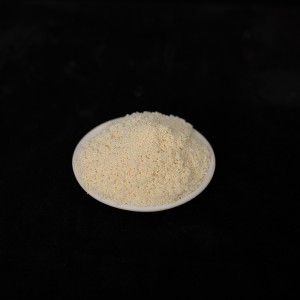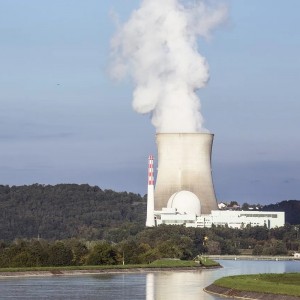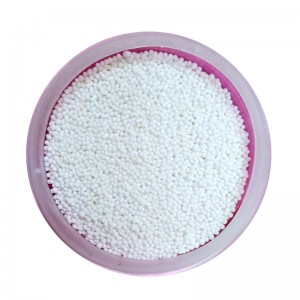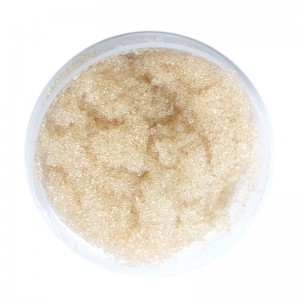
Strong base anion exchange resin
Strong base anion exchange resin
Strong Base Anion Resins
| Resins | Polymer Matrix Structure | Physical Form Appearance | FunctionGroup |
Ionic Form |
Total Exchange Capacity meq/ml | Moisture Content | Particle Size mm | SwellingCl→OH Max. | Shipping Weight g/L |
| GA102 | Gel Type I ,Poly-Styrene with DVB | Clear to Slight Yellow Spherical Beads | R-NCH3 |
Cl |
0.8 | 65-75% | 0.3-1.2 | 20% | 670-700 |
| GA104 | Gel Type I ,Poly-Styrene with DVB | Clear to Slight Yellow Spherical Beads | R-NCH3 |
Cl |
1.10 | 55-60% | 0.3-1.2 | 20% | 670-700 |
| GA105 | Gel Type I ,Poly-Styrene with DVB | Clear to Slight Yellow Spherical Beads | R-NCH3 |
Cl |
1.30 | 48-52% | 0.3-1.2 | 20% | 670-700 |
| GA107 | Gel Type I ,Poly-Styrene with DVB | Clear to Slight Yellow Spherical Beads | R-NCH3 |
Cl |
1.35 | 42-48% | 0.3-1.2 | 20% | 670-700 |
| GA202 | Gel Type II ,Poly-Styrene with DVB | Clear to Slight Yellow Spherical Beads | R-N(CH3)2(C2H4OH) |
Cl |
1.3 | 45-55% | 0.3-1.2 | 25% | 680-700 |
| GA213 | Gel , Poly-Acrylic with DVB | Clear Spherical Beads | R-NCH3 |
Cl |
1.25 | 54-64% | 0.3-1.2 | 25% | 780-700 |
| MA201 | Macroporous Type I Polystyrene with DVB | Opaque Beads | Quaternary Ammonium |
Cl |
1.20 | 50-60% | 0.3-1.2 | 10% | 650-700 |
| MA202 | Macroporous Type II Polystyrene with DVB | Opaque Beads | Quaternary Ammonium |
Cl |
1.20 | 45-57% | 0.3-1.2 | 10% | 680-700 |
| MA213 | Macroporous Poly-Acrylic with DVB | Opaque Beads | R-NCH3 |
Cl |
0.80 | 65-75% | 0.3-1.2 | 25% | 680-700 |
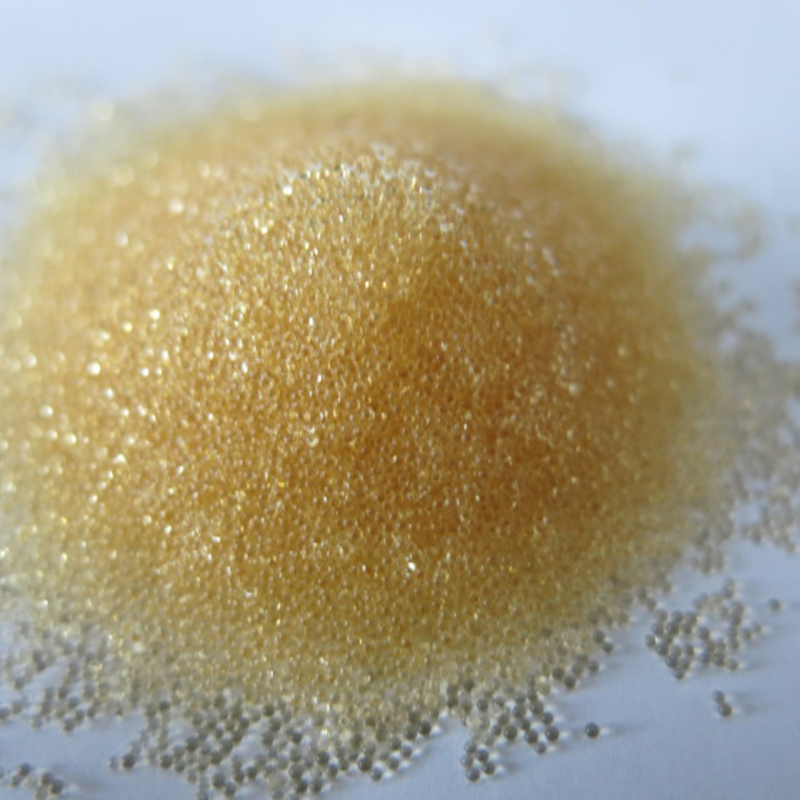
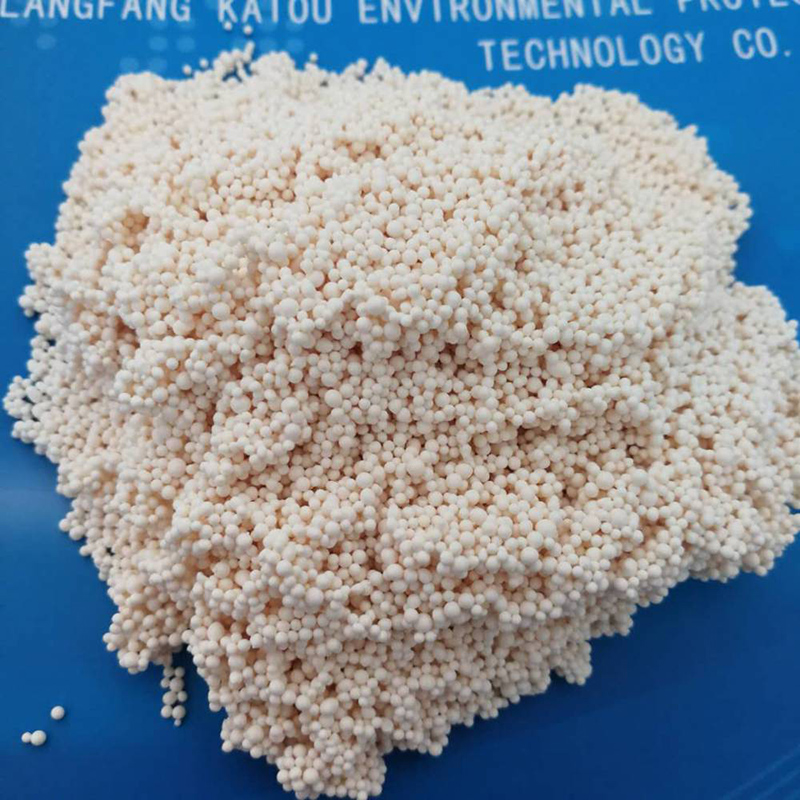
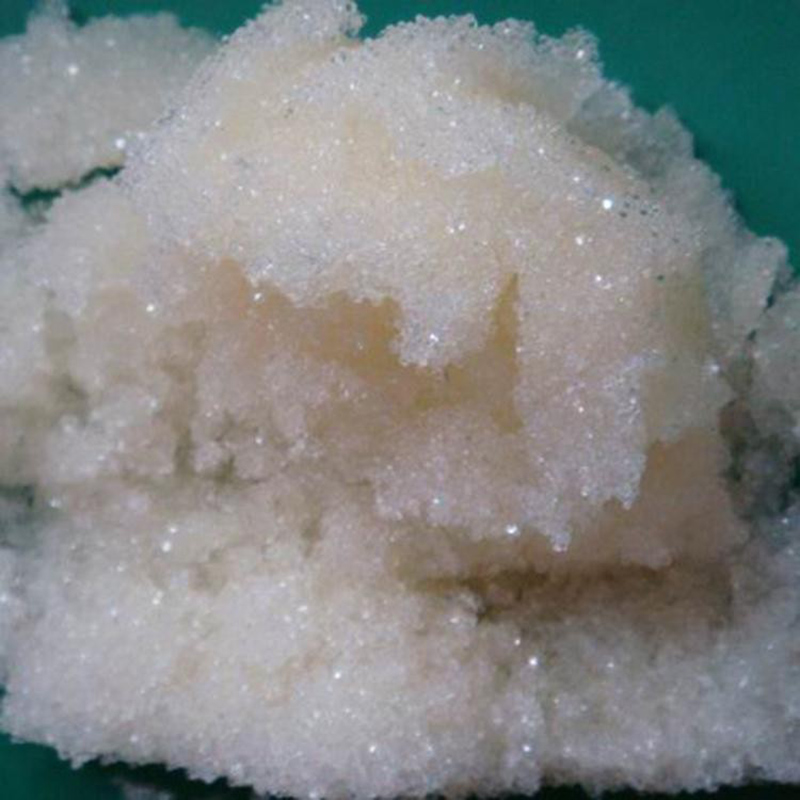
Precautions In Use
1. Keep a certain amount of water
Ion exchange resin contains a certain amount of water and should not be stored in the open air. During storage and transportation, it should be kept moist to avoid air drying and dehydration, resulting in broken resin. If the resin is dehydrated during storage, it should be soaked in concentrated salt water (25%), and then diluted gradually. It should not be directly put into water, so as to avoid rapid expansion and broken resin.
2. Keep a certain temperature
During storage and transportation in winter, the temperature should be kept at 5-40 ℃ to avoid supercooling or overheating, which will affect the quality. If there is no thermal insulation equipment in winter, the resin can be stored in salt water, and the concentration of salt water can be determined according to the temperature.
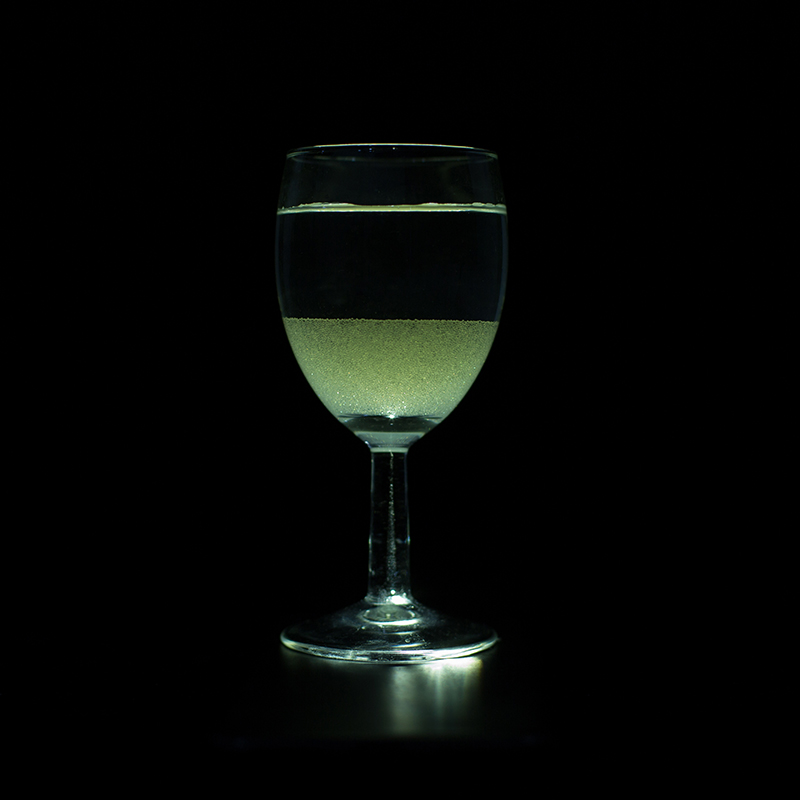
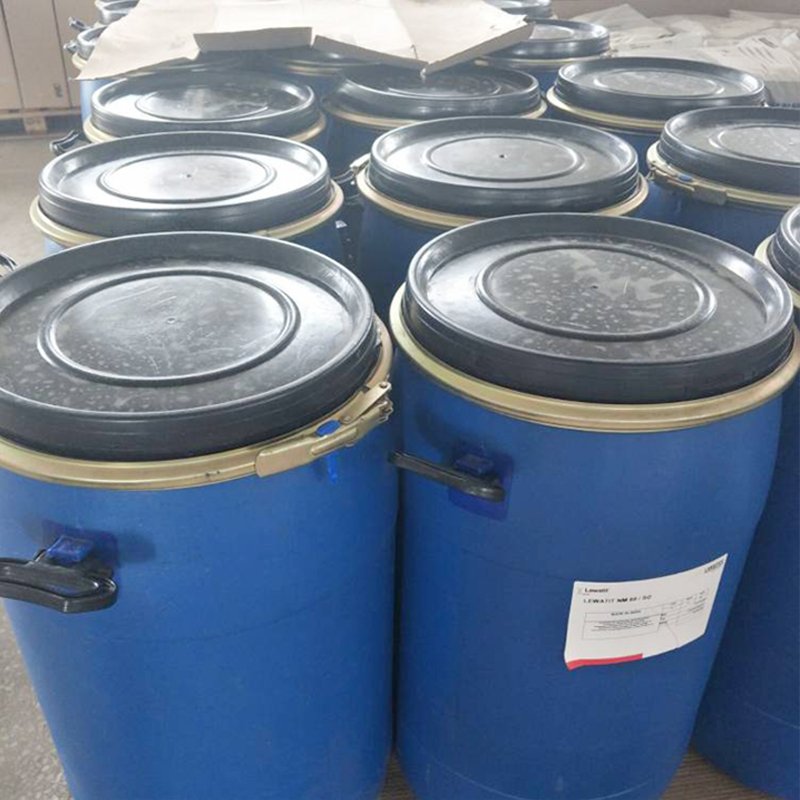
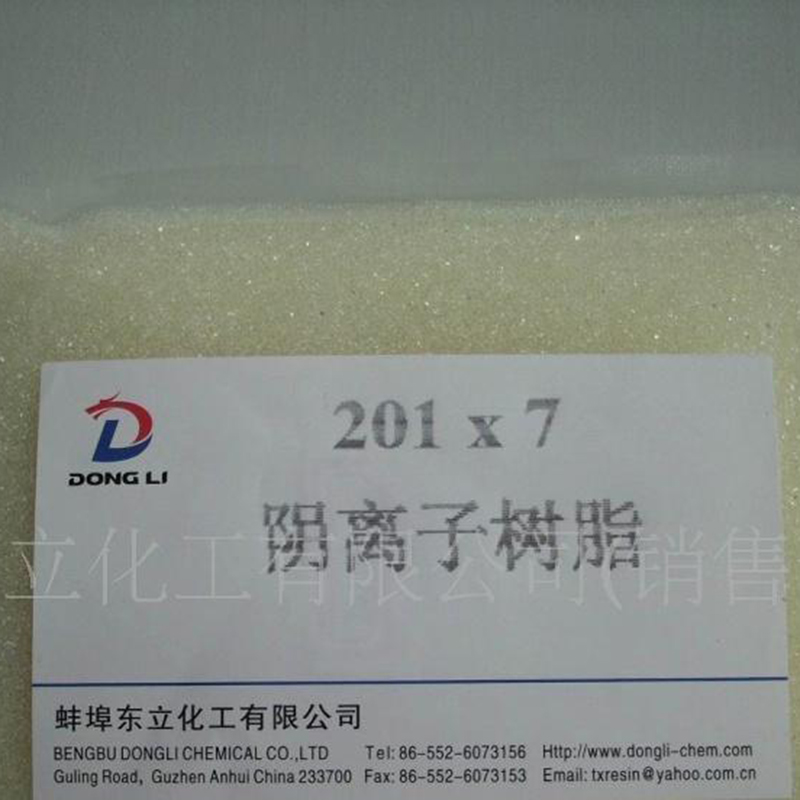
3. Impurity removal
The industrial products of ion exchange resin often contain a small amount of low polymer and non reactive monomer, as well as inorganic impurities such as iron, lead and copper. When the resin is in contact with water, acid, alkali or other solutions, the above substances will be transferred into the solution, affecting the quality of effluent water. Therefore, the new resin must be pretreated before use. Generally, water is used to make the resin fully expand, and then, The inorganic impurities (mainly iron compounds) can be removed by 4-5% dilute hydrochloric acid, and the organic impurities can be removed by 2-4% dilute sodium hydroxide solution. If it is used in pharmaceutical preparation, it must be soaked in ethanol.
4. Regular activation treatment
In use, the resin can be prevented from being gradually diluted with metal (such as iron, copper, etc.) oil and organic molecules. The anion resin is easy to be polluted by organic matters. It can be soaked or rinsed with 10% NaC1 + 2-5% NaOH mixed solution. If necessary, it can be soaked in 1% hydrogen peroxide solution for a few minutes. Other methods can also be used, such as acid alkali alternate treatment, bleaching treatment, alcohol treatment and various sterilization methods.

